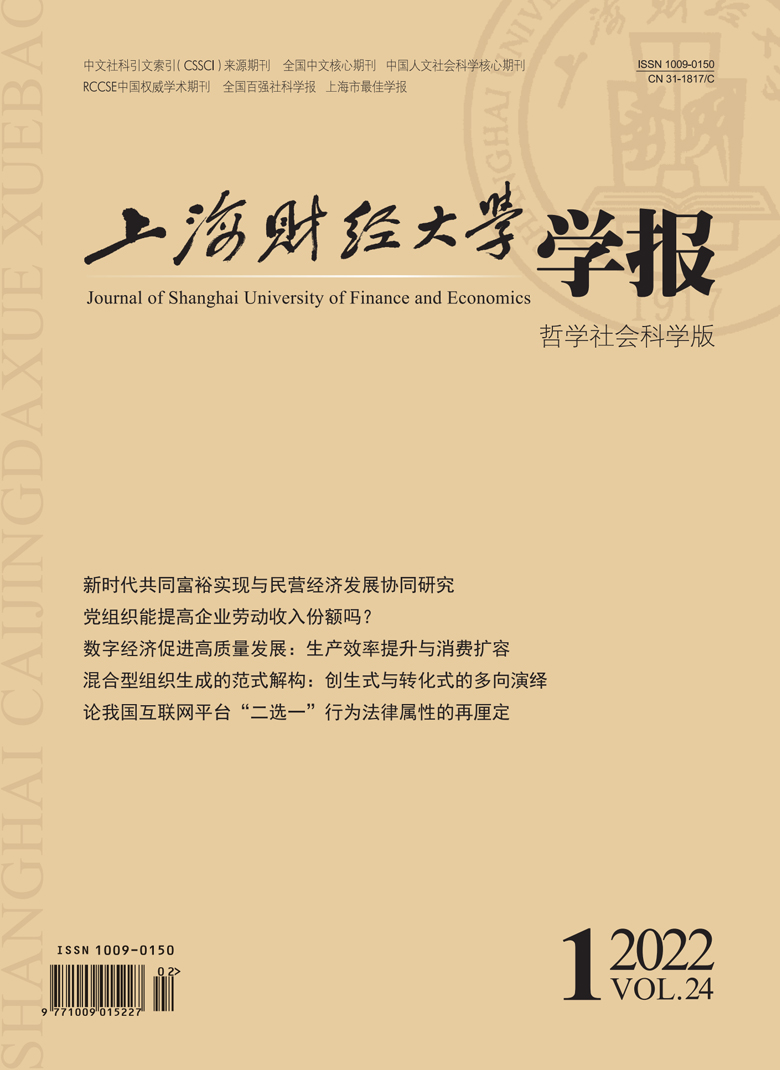Due to the difference of comparative advantage and resource endowment, the industrial policies issued by local governments may differ from those of the central government. With the aim to promote regional economic development, local officials have to decide which type of policy guidelines to follow while allocating regional resources. The judgment of local officials is largely related to their knowledge background. This article examines how the local origin of local officials affects the patterns of credit resource allocation, focusing on the guiding role of central and local five-year working plans. Whether local knowledge (i.e., specific knowledge concerning on specific circumstances) can be taken into consideration is a key factor affecting resource allocation. Local officials with local origin (i.e., working place coincides with his or her hometown or place of birth) have additional channels to collect and acquire information about regional fundamentals, such as resource endowment, industrial structure, enterprise information, personnel expertise, etc. Therefore, they may have local knowledge advantages and their resource allocation strategy tends to differ from those of local officials without local origin. The empirical findings suggest that firms supported by the local five-year plan but not by the central five-year plan obtain more bank loans when local officials have local origin. Further tests find that the above effect is more salient in local-specific industries, while the local origin of local officials has significantly promoted the performance effect of allocated credit resources. The results show that local origin brings comparative advantages of local knowledge to local officials, which enables them to adjust policy enforcement according to the local actual situation and improve the efficiency of credit resource allocation. The findings have some enlightenment for implementing industrial policies and improving the efficiency of credit resource allocation. Firstly, officials with local knowledge should be more involved in the decision-making process of local governments, allocate resources according to the local actual situation, and drive the economic growth of their jurisdiction. Secondly, the organization department should allocate local officials based on the match between the knowledge expertise of officials and the knowledge needs of regional economic development. Through this way the implementation of central industrial policies can be ensured, while local industrial policies are also effectively promoted, both serving to boost the high-quality development of the Chinese economy. Specifically, officials with local knowledge should be preferentially allocated to regions where governance and development rely primarily on local knowledge, so that they can make specific industrial policies suited for local conditions and improve the efficiency of resource allocation.
 / Journals / Journal of Shanghai University of Finance and Economics
/ Journals / Journal of Shanghai University of Finance and EconomicsJournal of Shanghai University of Finance and Economics
LiuYuanchun, Editor-in-Chief
ZhengChunrong, Vice Executive Editor-in-Chief
GuoChanglin YanJinqiang WangWenbin WuWenfang, Vice Editor-in-Chief
Local Origin of Local Officials and Preference for Credit Resource Allocation
Journal of Shanghai University of Finance and Economics Vol. 24, Issue 01, pp. 107 - 121 (2022) DOI:10.16538/j.cnki.jsufe.2022.01.008
Summary
References
Summary
Cite this article
Xuan Yang, Cheng Bo. Local Origin of Local Officials and Preference for Credit Resource Allocation[J]. Journal of Shanghai University of Finance and Economics, 2022, 24(1): 107-121.
Export Citations as:
For
ISSUE COVER
RELATED ARTICLES




 5373
5373  6897
6897

